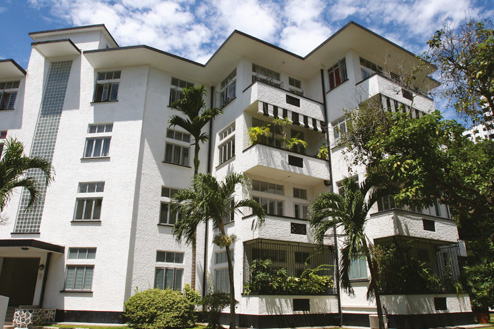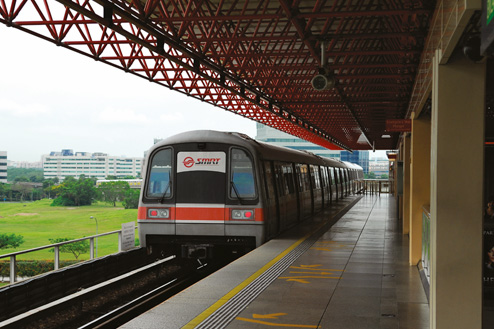Bank Accounts
As one of Asia’s main financial centres, Singapore has an abundance of local and foreign banks. The three main local banks are United Overseas Bank, Development Bank of Singapore and Overseas Chinese Banking Corporation and all offer similarly comprehensive services and an extensive branch and ATM network.
There are six foreign banks with ‘qualifying full bank’ status. This allows them to offer the same services as the local banks but with restrictions on the number of branches and ATMs they can have. (There are many other foreign banks in Singapore, but their activities are focused on commercial rather than consumer banking.)
Opening a bank current or savings account is fairly straightforward if you have an employment or dependant’s pass. You’ll have to take your passport and EP to open the account and you usually need an initial deposit, which can range from a few hundred to several thousand Singapore dollars. Dependant’s pass holders will also need to bring in the EP to which their pass is linked. Some banks will only allow an EP holder to open an account if your employer has a corporate account at the bank, but this varies depending on the class of the employment pass. The minimum age for opening a standard account is 21 but several banks offer accounts for students or savings accounts for children. It’s always best to call and find out exactly what the bank requires before going to open an account.
Some banks, including UOB and DBS, allow you to open an account without an EP or other residence visa. In addition to your passport, you’ll need to furnish a letter of introduction from a friend, relative or colleague who is an existing account holder at the bank. The letter is simply to indicate that the person knows you and that they would like to introduce you to the bank – it’s not a guarantee of any sort. You may also be asked to produce a national identification card from your home country (like a social security card) and a letter of reference from a bank where you hold an account stating that you have a relationship with the bank.
Regular banking hours tend to be 09:30 to 16:00 from Mondays to Fridays and 09:30 to 13:00 on Saturdays, although several banks open earlier or close later at some of their branches. Banks charges vary; some charge a small monthly fee, while others only charge if your average daily balance for the month dips below the minimum account balance.
There are six foreign banks with ‘qualifying full bank’ status. This allows them to offer the same services as the local banks but with restrictions on the number of branches and ATMs they can have. (There are many other foreign banks in Singapore, but their activities are focused on commercial rather than consumer banking.)
Opening a bank current or savings account is fairly straightforward if you have an employment or dependant’s pass. You’ll have to take your passport and EP to open the account and you usually need an initial deposit, which can range from a few hundred to several thousand Singapore dollars. Dependant’s pass holders will also need to bring in the EP to which their pass is linked. Some banks will only allow an EP holder to open an account if your employer has a corporate account at the bank, but this varies depending on the class of the employment pass. The minimum age for opening a standard account is 21 but several banks offer accounts for students or savings accounts for children. It’s always best to call and find out exactly what the bank requires before going to open an account.
Some banks, including UOB and DBS, allow you to open an account without an EP or other residence visa. In addition to your passport, you’ll need to furnish a letter of introduction from a friend, relative or colleague who is an existing account holder at the bank. The letter is simply to indicate that the person knows you and that they would like to introduce you to the bank – it’s not a guarantee of any sort. You may also be asked to produce a national identification card from your home country (like a social security card) and a letter of reference from a bank where you hold an account stating that you have a relationship with the bank.
Regular banking hours tend to be 09:30 to 16:00 from Mondays to Fridays and 09:30 to 13:00 on Saturdays, although several banks open earlier or close later at some of their branches. Banks charges vary; some charge a small monthly fee, while others only charge if your average daily balance for the month dips below the minimum account balance.













